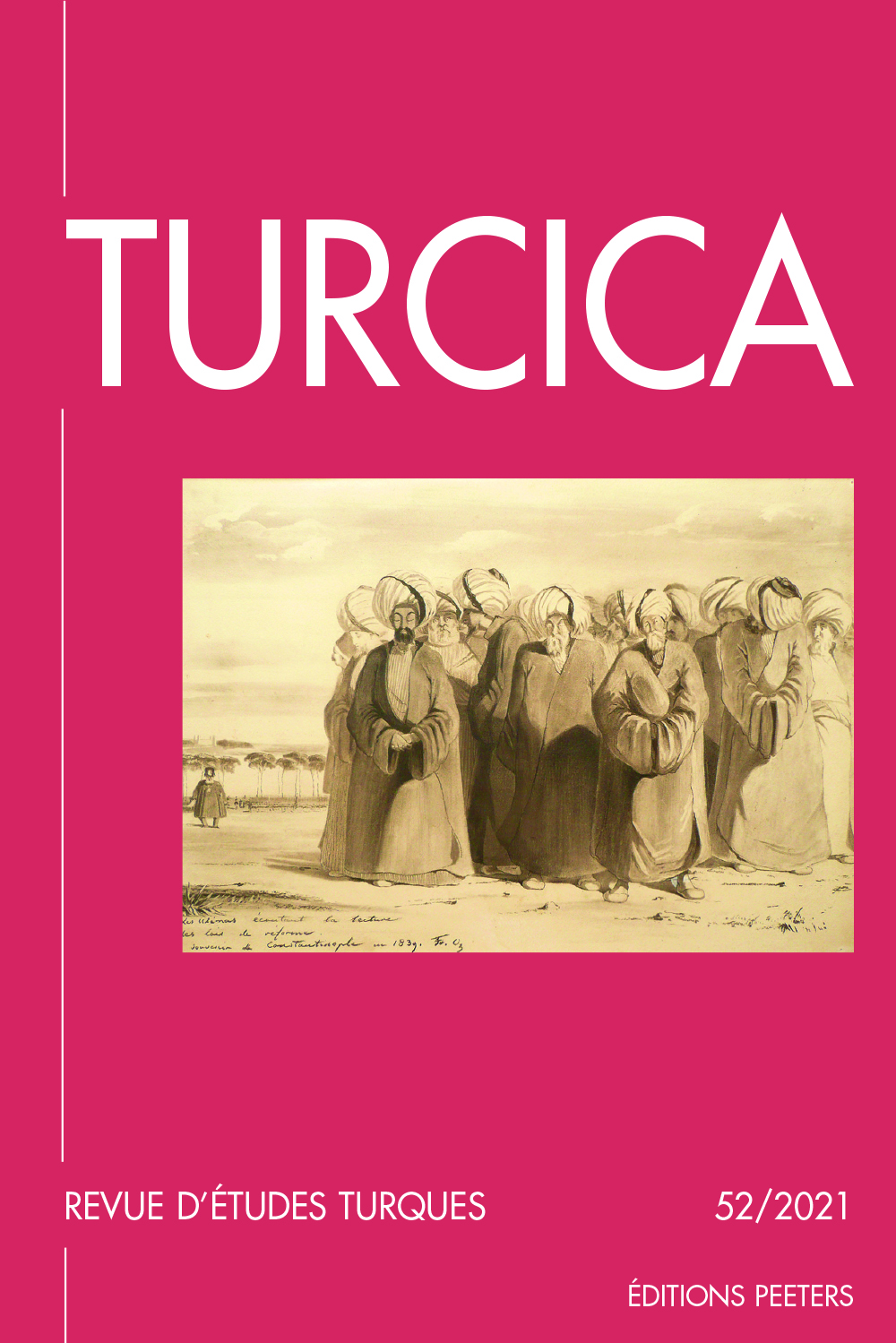 previous article in this issue previous article in this issue | next article in this issue  |

Preview first page |
Document Details : Title: Ottoman Attitudes towards Merchants from Latin Christendom before 1600 Author(s): FAROQHI, Suraiya Journal: Turcica Volume: 34 Date: 2002 Pages: 69-104 DOI: 10.2143/TURC.34.0.878 Abstract : During the last few decades, a good deal of work has been done on the activities of foreign merchants in the Ottoman Empire of the «classical age», and also on Ottoman reactions to the foreign presence. We now possess detailed studies of the ahidnames or capitulations granted by the sultans to foreign potentates, which contain provisions for the protection of merchants. Ottoman attempts to prevent the exportation of goods which might prove to be of strategic value also are now relatively well understood, and the same thing applies to the more or less successful attempts of European merchants to load their ships with cotton, leather and wheat, in spite of especially stringent prohibitions concerning the latter. Yet, in spite of all this, our understanding of the Ottoman perspective on foreign trade is still quite limited. In an attempt to broaden our horizons, the present paper deals with the community of interests which might exist between foreign traders and individual Ottomans, be they local merchants or tax farmers intent on maximizing customs revenues. In addition, the trade in luxury goods, especially with Venice, sometimes created an interest in the prosperity of foreign trade on the part of individual members of the ruling group. While in the centuries before 1600, exchanges with the outside world remained quite marginal to the Ottoman economy as a whole, a concern for the provisioning of the sultanic court, and also the desire to win allies against the Spanish and Austrian Habsburgs, resulted in a relatively positive official attitude towards foreign traders. |
 |


